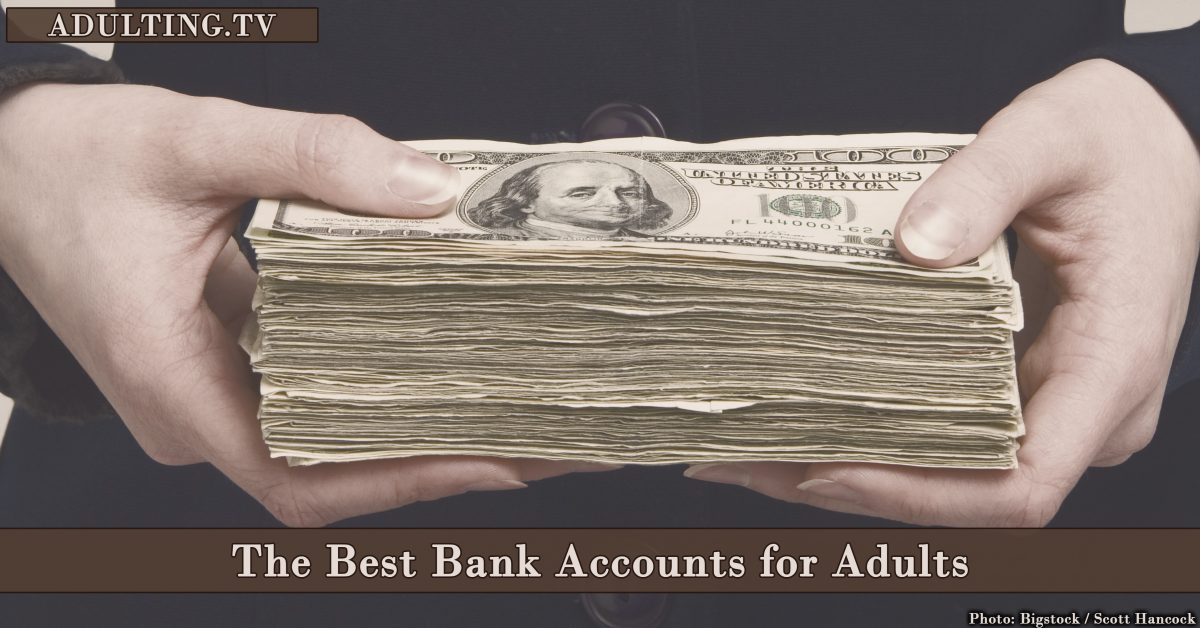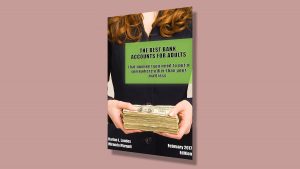When you a that big date, you want everything to go right.
If everything goes just right, you’ll get lucky. Maybe enjoy more than dinner and drinks.
To have the kind of fun you really want to have, you must first prepare. You need everything in its place, everything looking good. And feeling good.
To get the results you want, you must plan, plan, plan.
This is the same when making a date with your money.
If you want your money date to be bigger, better, and more exciting, this six-step plan will satisfy you.
Prepare.
Sure, you could dive right into it and hope for the best. With a little pre-date prep, though, you can make your money date pleasurable and certain.
Get online access to all your accounts and account statements. Include investment and savings accounts with bank and investment firms, retirement (company sponsored retirement plans and individual retirement accounts, such as your Traditional or Roth IRA), and credit card accounts.
Don’t forget about your Health Savings Account (HSA) and Flexible Spending Account (FSA). Get access to your mortgage account and any personal and home equity lines of credit (HELOC).
Get access to any account you have anywhere. Have all this information accessible so you can peek at it as needed.
Gain an understanding of what kind of accounts you have and how they work. If you have a company-sponsored retirement plan, what kind of plan do you have and how does your employer manage it? If you have a HELOC, know your terms, such as withdrawal limit, interest rate, and payoff requirements.
Lay the groundwork for a successful date with your money so you aren’t stuck.
Get intimate.
It’s hard to get what you want when you don’t know what you want. You can’t be fulfilled if you don’t know what you crave.
To get the most from the date with your money, know your goals and dreams. If you don’t know your goals and dreams, do some self-reflection, meditate, journal, read, and talk with friends and family.
Find out what it is you most want in life and then structure your financial plan to achieve those goals.
While you’re self-reflecting, figure out what scares and concerns you. If you’re afraid to lose money, for example, you want more conservative investments.
If you’re concerned by what would happen if you lose your job, you want to devise a plan to save six-months’ worth of living expenses in an emergency savings account.
Be honest about your limitations and weaknesses. If you’re prone to misuse credit cards, then all those credit card hacking articles you’ve read don’t apply.
If your dream is to be a social worker, then a top-tier college that costs six figures doesn’t make sense.
Understanding what you desire and what you can handle will take you a long way in creating a financial plan that works for you. Most people create a financial plan to simply look like they’re doing better than their neighbor.
That’s a plan for failure.
Shoot to score.
If a date with your money includes someone else, good on you. The more the merrier.
If your money date includes someone else because that someone else is included in your family plan, know all the above about them as well as you do about yourself. When you have that level of understanding, you can seek mutually happy endings.
Money is one of the top three leading causes of stress in relationships. Understanding your partner’s financial personality and having them understand your financial personality will help you both feel satisfied.
It’s important to keep in mind that you don’t need to have the exact same financial goals as your partner. You can support your partner in reaching for their individual financial goals.
Protect yourself.
Because you’re getting so intimate, it’s wise to use protection.
Get life insurance, even if you don’t have a spouse or children. Today’s life insurance isn’t our parent’s life insurance.
Policies today often allow you to leave an inheritance to heirs that include partners, children, nieces, nephews, grandchildren, or anyone unrelated to you by blood but related to you by love.
Many policies permit leaving charitable donations. You may leave a donation to one or more organizations in your name. If you choose the latter, it’s wise to assign a trustee to your estate to oversee that the donations are distributed appropriately and not a la Eva Peron.
Get life insurance as soon as possible because the earlier you do the cheaper it is.
Whether you have health insurance through an employer or through the Affordable Care Act, make sure you have enough coverage to meet your needs. Risking that you won’t get sick or hurt is taking the risk of losing your health and your wealth.
Bank or credit union savings accounts or money market accounts with no bells or whistles are ideal to use as emergency savings accounts. You don’t want this money too easily accessible, so decline debit cards and check writing.
In a real emergency, you won’t mind driving to the bank or requesting a wire for this money. If you have an urge to buy a new television, the effort it takes to access your emergency savings funds may motivate you to find the money elsewhere.
Clip, pare, prune, and trim.
Less is more. As designers, writers, and editors often say, “Edit. Edit. Edit.”
That’s often the case that our lifestyles grow proportional to our incomes. We spend all we earn – and sometimes more.
In any case, cut excess spending and waste. When you trim, your prize becomes clearer and appears bigger. You will achieve any and all financial goals sooner rather than later.
Concentrate.
If you’re reading this article, it’s likely that balancing your accounts and paying bills is low on your list of enjoyable activities.
To make this date with your money a quickie, take a deep breath, relax, and release. The more you focus on the task at hand and the goal in mind, the sooner you’ll be finished. We don’t always want dates to end quickly, but sometimes it’s all we can do.
With these steps, you can have the money date you need and achieve the money goals you want. It’s only as hard as you make it or want it to be.
Now make that date!


![[B018] Fund Your Ideal Lifestyle ft. Clayton Daniel](https://adulting.tv/wp-content/uploads/2017/02/fund-your-ideal-lifestyle-1200x628.jpg)


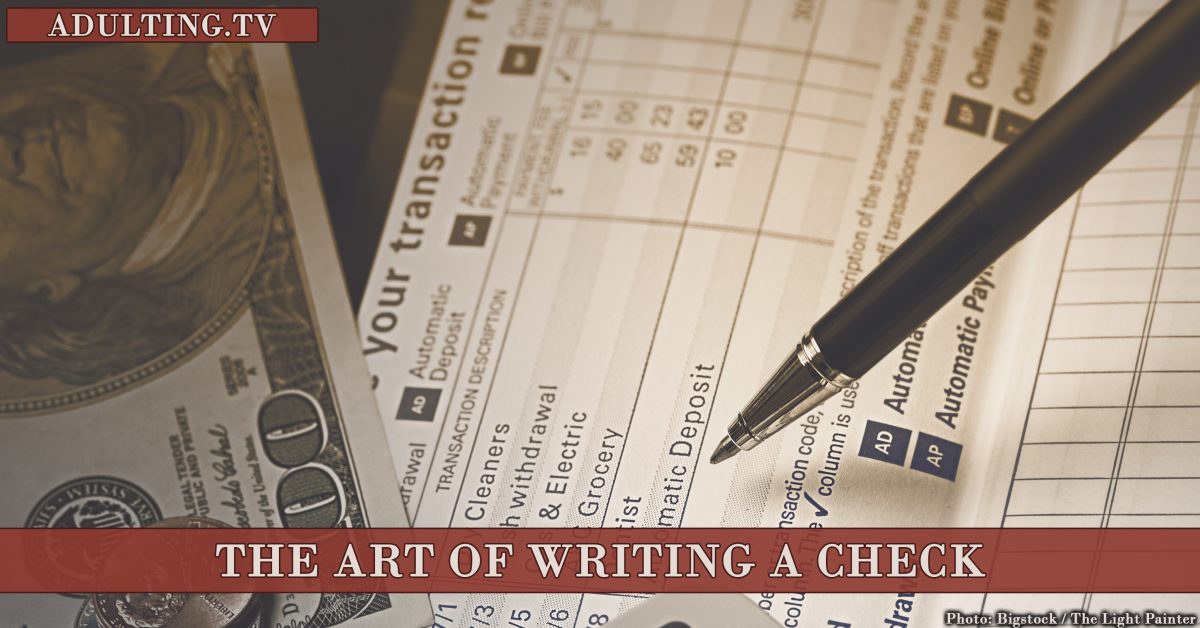
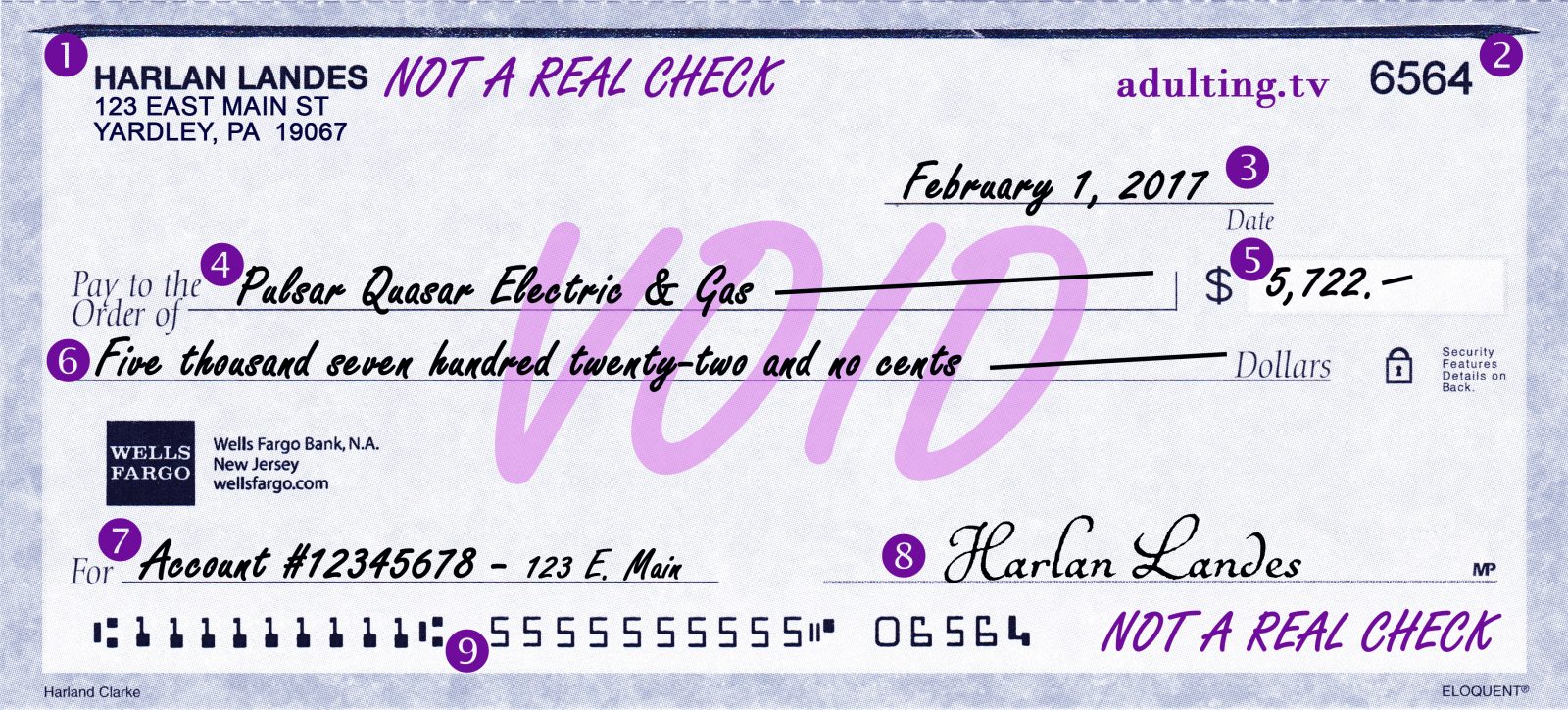
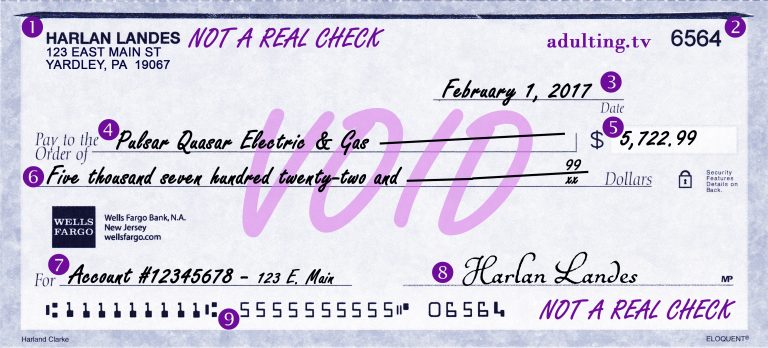
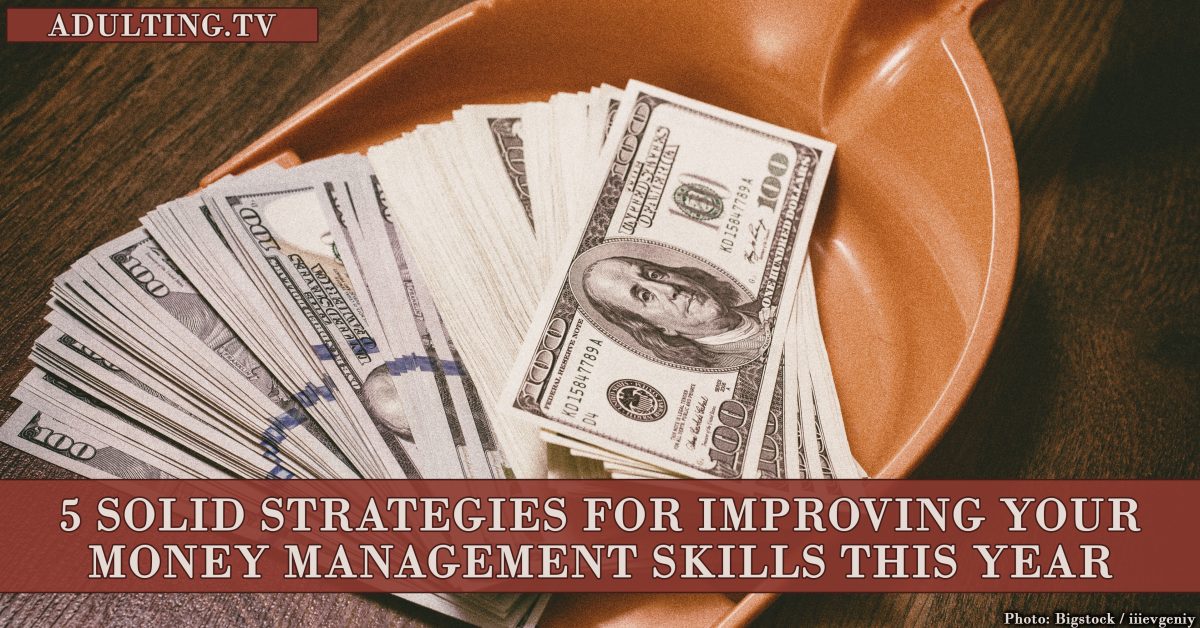
![[A057] You’re Covered: Choose the Best Health Insurance Plan](https://adulting.tv/wp-content/uploads/2017/02/a057-1200x628.jpg)


